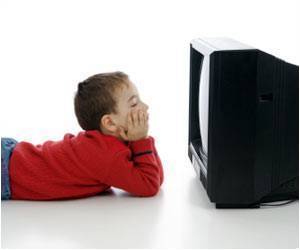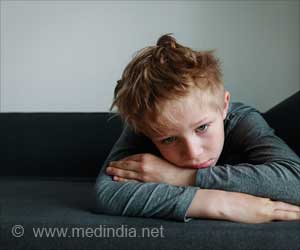Marching, wiggling, and tapping a beat can help young kids to develop their self-regulation skills and improve school readiness, finds a new study.

‘Rhythm and movement intervention has the potential to aid the development of self-regulation skills in preschool kids.’





"Think heads, shoulders, knees, and toes but do the actions backward while you sing forwards. It tricks the brain into gear," Assoc Prof Williams said.The Queensland study, involving 113 children from lower socioeconomic communities, measured the effectiveness of the program to boost self-regulation skills.
"Being able to control your own emotions, cognition and behaviors is an important predictor of school readiness and early school achievement," Assoc Prof Williams said.
"The aim is for regular sessions to be introduced into the daily activities of young children to help support their attentional and emotional regulation skills, inhibition, and working memory. We want all early childhood teachers to feel confident to run these fun and important activities."
The study is a unique investigation about preschool children and the application of a rhythm and movement program to address socioeconomic-related school readiness and achievement gaps.
Advertisement
"The children who have music lessons from a young age are often from families who can afford them," she said.
Advertisement
She said the benefits of early shared book reading between parents and children have long been established.
Another recent Australian study, led by Assoc Prof Williams, was the first to show that early shared music activities in the home also contributed to positive development.
The preschool program involved group sessions for 30 minutes twice a week across eight weeks, with stages becoming more challenging to stimulate change and development in self-regulation skills.
Source-Eurekalert











